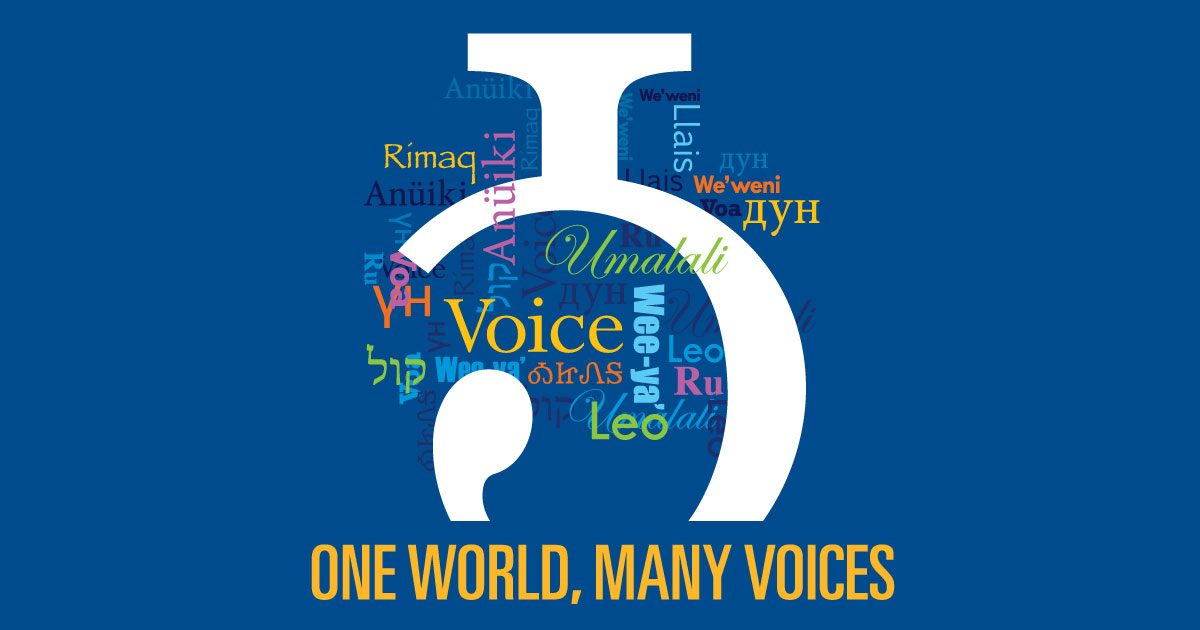
Yaro Richo watches a Koro song recording with children in Kajõ village, East Kameng District, Arunachal Pradesh, India.
Photo by Sange Degio

Virtuoso Kalmyk musicians Dmitriy Sharayev and Viktor Batyrovich Okchayev are among the many young people who are leading a revival of the Kalmyk language and culture in the Republic of Kalmykia in the Russian Federation.
Photo by Chris Rainier, courtesy of National Geographic Enduring Voices Project

Wayuu dancers from a village in La Guajira Province, Colombia, perform a courtship dance.
Photo by Daniel Sheehy

A Garifuna woman in Belize sifts cassava flour with a sieve. People in Garifuna diaspora communities throughout the United States are working to preserve and revitalize their language and cultural traditions for future generations.
Photo by Michele Goldwasser

The wanaragua dance narrates the history of Garifuna resistance to colonial forces through performance. On Christmas and New Year's Day in Los Angeles, Garifuna performers continue this tradition by traveling house to house dancing wanaragua.
Photo by Michele Goldwasser


